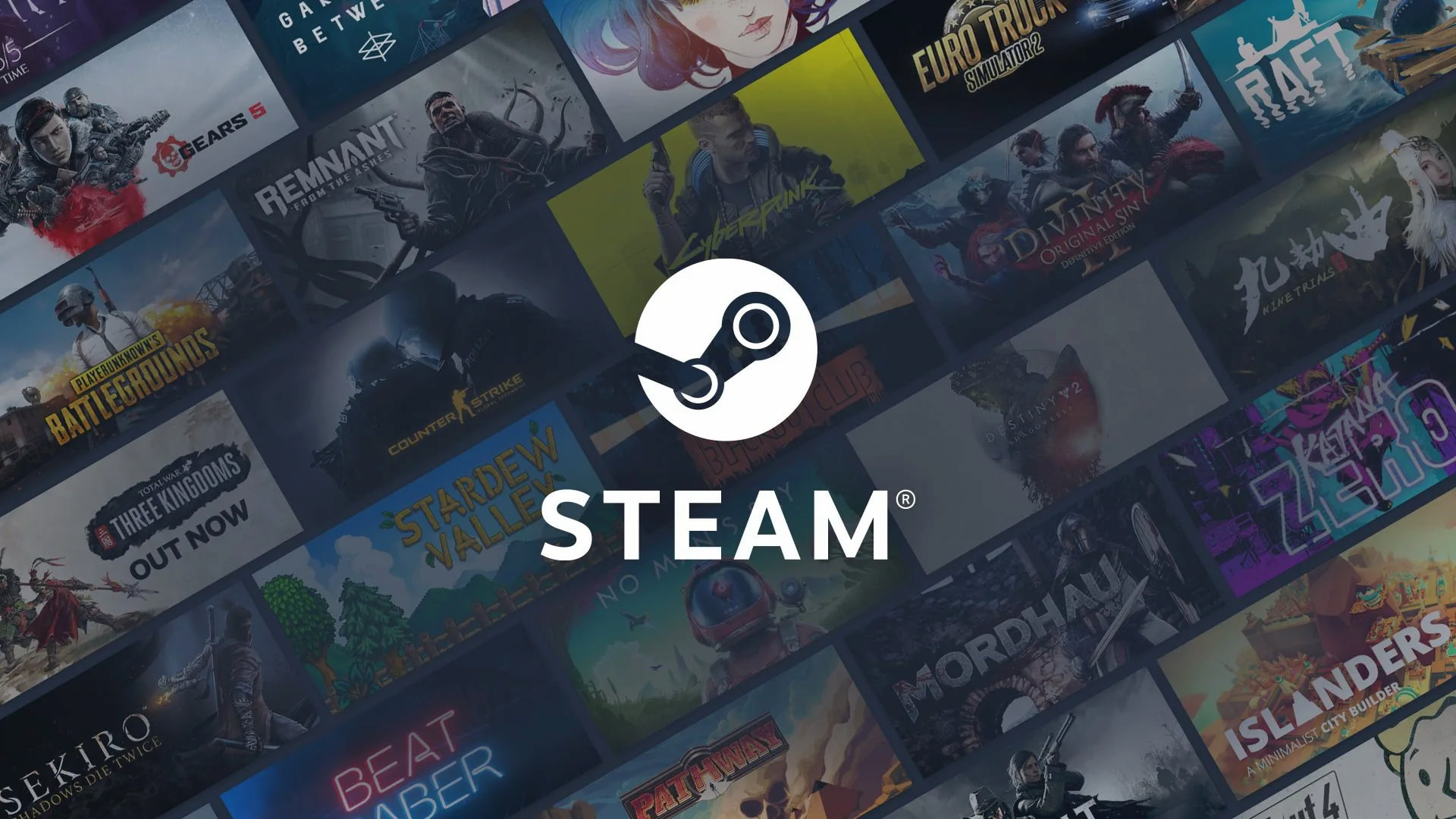Steam has quietly updated its publishing rules, adding a new clause that directly ties acceptable content to the policies of its payment processors, card networks, and internet providers. 
This means developers may no longer publish games that, while technically allowed by Steam, clash with the more conservative guidelines of financial institutions.
The clause, recently spotted in the Steamworks Documentation, specifically prohibits content that might violate these external rules. While not naming any specific titles, the language seems to target adult-only content – a growing and often controversial category on the platform. Hours after the clause surfaced, SteamDB flagged the sudden removal of multiple adult games, though Valve hasn’t confirmed if these takedowns were directly linked to the updated rules.
Critics argue this move reflects a broader trend: big tech platforms adjusting their policies under financial pressure, often at the cost of creator freedom. It’s no secret that banks and payment processors have long imposed restrictions on adult content – from OnlyFans to indie games – and now it seems Steam is bowing to those same forces.
While Valve’s intentions may be rooted in compliance, the vague nature of the clause raises concern. Users fear it could become a tool for wider censorship, beyond just explicit content. Especially since payment companies have already been accused of pressuring developers and even countries like Japan to clamp down on artistic expression.
Steam, once celebrated for its open publishing model, increasingly looks like just another corporate player protecting its revenue streams. As financial institutions tighten their grip on digital platforms, questions arise about who really controls what content we’re allowed to access – and what creators are allowed to make.